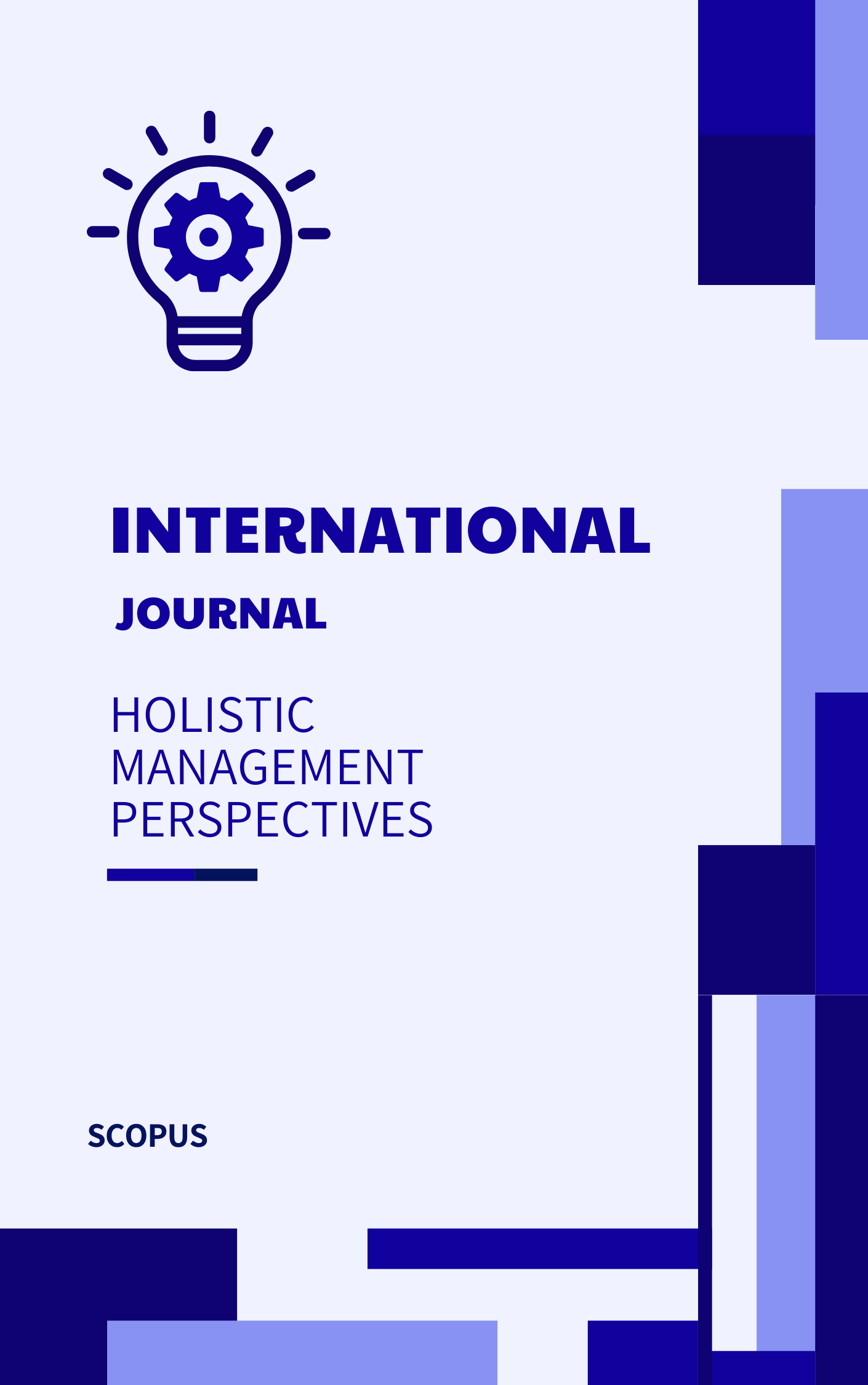Decentralized AI and Blockchain for Smart Cities: A Framework for Data Integrity and Optimization
Abstract
Smart cities rely on vast amounts of data to optimize urban services, but ensuring the integrity and security of this data is a major challenge. This paper introduces a decentralized AI and blockchain framework for smart cities, focusing on enhancing data integrity and optimization. The blockchain component provides a secure and transparent record of data generated by various urban systems, such as transportation, energy, and public safety. AI models are then applied to this data to optimize service delivery, predict trends, and improve resource allocation. Smart contracts automate key processes, such as traffic management and energy distribution, ensuring efficiency and fairness. Our case studies in urban planning and infrastructure management demonstrate that the decentralized AI and blockchain framework significantly improves the reliability and efficiency of smart city operations, making it a viable solution for managing the complexities of modern urban environments.
Downloads
References
Chiu, C., & Lin, Y. (2020). Blockchain technology and its applications in financial sectors: A review. Journal of Financial Technology, 12(3), 145-162. https://doi.org/10.1016/j.fintech.2020.04.001
Satish, S., Meduri, K., Nadella, G. S., & Gonaygunta, H. (2022). Developing a Decentralized AI Model Training Framework Using Blockchain Technology. International Meridian Journal, 4(4), 1-20.
Satish, S., Nadella, G. S., Meduri, K., & Gonaygunta, H. (2022). Collaborative Machine Learning without Centralized Training Data for Federated Learning. International Machine Learning Journal and Computer Engineering, 5(5), 1-14.
Das, M. L., & Sahoo, S. R. (2019). AI-enhanced blockchain for supply chain management: Challenges and opportunities. Journal of Supply Chain Management, 9(2), 117-130. https://doi.org/10.1016/j.scm.2019.03.002
Dhillon, V., Metcalf, D., & Hooper, M. (2017). Blockchain-enabled applications: Understand the blockchain ecosystem and how to make it work for you. Apress. https://doi.org/10.1007/978-1-4842-3081-7
Esposito, C., De Benedictis, A., & Antonelli, F. (2019). Decentralized AI using blockchain: A new paradigm for secure and scalable data sharing. IEEE Transactions on Emerging Topics in Computing, 7(1), 120-131. https://doi.org/10.1109/TETC.2017.2764459
Gatteschi, V., Lamberti, F., Demartini, C., Pranteda, C., & Santamaria, V. (2018). Blockchain and smart contracts for insurance: Is the technology mature enough? Future Internet, 10(2), 20-31. https://doi.org/10.3390/fi10020020
Gupta, S., & Yadav, A. (2020). The role of AI and blockchain in e-commerce: A review of the literature. Journal of Digital Commerce, 14(4), 230-248. https://doi.org/10.1016/j.jdcom.2020.06.003
Karafiloski, E., & Mishev, A. (2017). Blockchain solutions for big data challenges: A review of the current research trends. IEEE Access, 5(2), 10158-10172. https://doi.org/10.1109/ACCESS.2017.2702188
Kher, R., & Kim, W. (2019). Blockchain for smart cities: Challenges and opportunities. IEEE Internet of Things Journal, 6(5), 8137-8150. https://doi.org/10.1109/JIOT.2019.2920243
Kshetri, N. (2018). 1 Blockchain’s roles in strengthening cybersecurity and protecting privacy. Telecommunications Policy, 42(4), 407-421. https://doi.org/10.1016/j.telpol.2017.12.003
Li, Z., Kang, J., & Yu, R. (2019). Consortium blockchain for secure energy trading in industrial internet of things. IEEE Transactions on Industrial Informatics, 14(8), 3690-3700. https://doi.org/10.1109/TII.2018.2794744
Liu, Y., & Zhang, Q. (2021). Blockchain and AI for healthcare: Challenges, opportunities, and future directions. Journal of Healthcare Informatics Research, 5(1), 153-169. https://doi.org/10.1007/s41666-020-00085-9
Miraz, M. H., & Donald, D. C. (2018). Application of blockchain in healthcare: A comprehensive study. Journal of Computer and System Sciences, 95(2), 33-52. https://doi.org/10.1016/j.jcss.2017.08.009
Nakamoto, S. (2008). Bitcoin: A peer-to-peer electronic cash system. Cryptography Mailing List at metzdowd.com. Retrieved from https://bitcoin.org/bitcoin.pdf
Nguyen, C. T., & Hoang, D. (2020). A review of blockchain technology applications in cybersecurity. Journal of Information Security, 13(4), 216-235. https://doi.org/10.4236/jis.2020.134014
Reyna, A., Martín, C., Chen, J., Soler, E., & Díaz, M. (2018). On blockchain and its integration with IoT: Challenges and opportunities. Future Generation Computer Systems, 88, 173-190. https://doi.org/10.1016/j.future.2018.05.046
Salah, K., Rehman, M. H. U., Nizamuddin, N., & Al-Fuqaha, A. (2019). Blockchain for AI: Review and open research challenges. IEEE Access, 7(1), 10127-10149. https://doi.org/10.1109/ACCESS.2019.2896108
Swan, M. (2015). Blockchain: Blueprint for a new economy. O'Reilly Media, Inc.
Wang, W., Hoang, D. T., Hu, P., Xiong, Z., & Niyato, D. (2019). A survey on consensus mechanisms and mining strategy management in blockchain networks. IEEE Access, 7(3), 22328-22370. https://doi.org/10.1109/ACCESS.2019.2896108
Xu, X., Weber, I., & Staples, M. (2019). Architecture for blockchain applications. Springer International Publishing. https://doi.org/10.1007/978-3-319-98146-5
Yli-Huumo, J., Ko, D., Choi, S., Park, S., & Smolander, K. (2016). Where is current research on blockchain technology?—A systematic review. PLoS One, 11(10), e0163477. https://doi.org/10.1371/journal.pone.0163477




